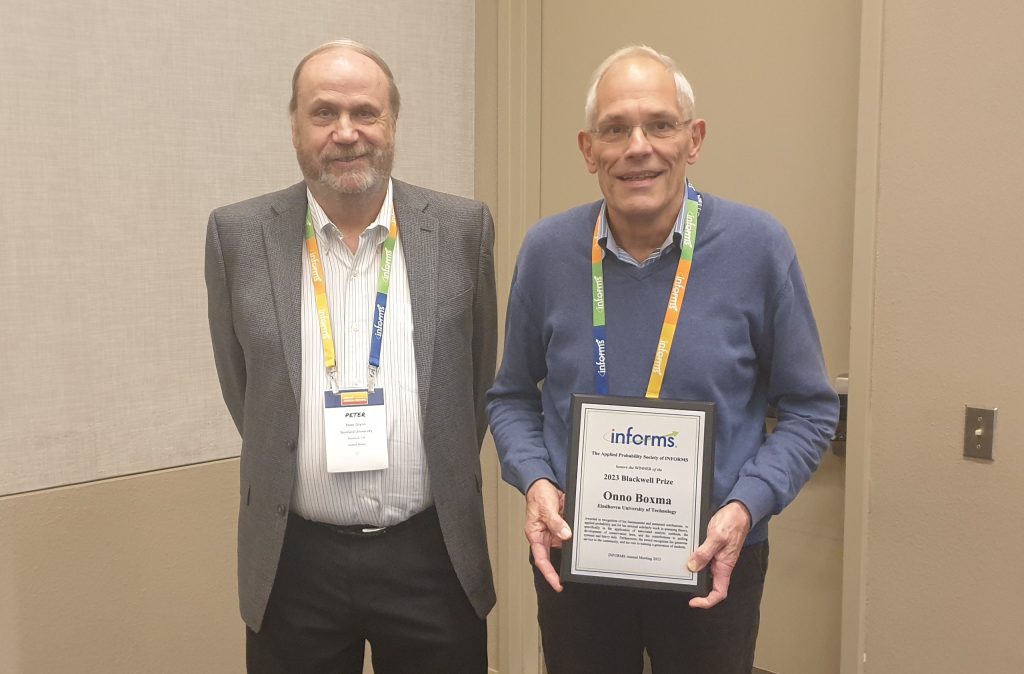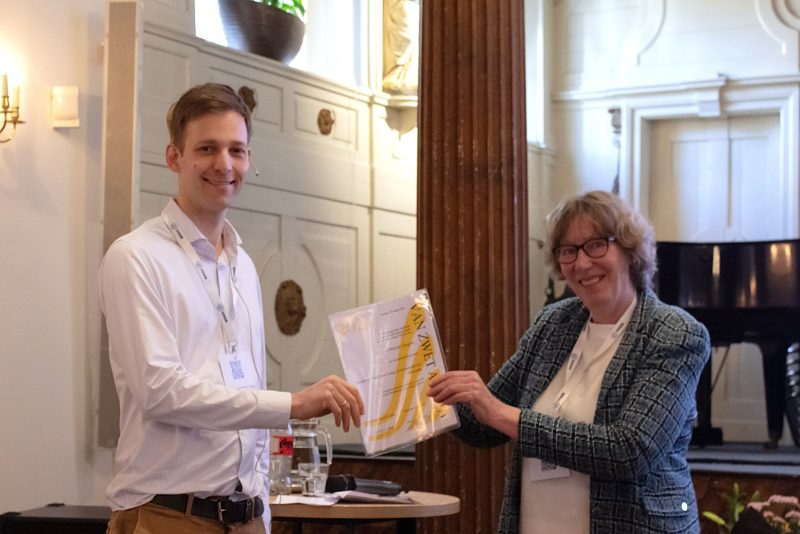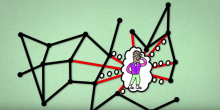Onno Boxma, emeritus professor of Stochastic Operations Research at Eindhoven University of Technology, is the inaugural Blackwell Prize winner. This award of the INFORMS Applied Probability Society recognizes fundamental and sustained career contributions within the area of Applied Probability.
Over the course of his career, Onno Boxma has established himself as a global leader within the Applied Probability community, who has made seminal contributions to queueing theory. In particular, his research on analytic methods in queueing theory, polling systems and conservation laws, heavy-tailed stochastic systems, and the analysis of queues and risk models fed by Lévy processes all comprise deep and influential work that has had profound impact on the field. Specifically, his monograph on boundary value analysis of queueing systems, co-authored with J.W. Cohen, remains a fundamental reference on this powerful approach, and includes a beautiful non-product characterization of the stationary distribution of an important coupled processor model.
In the late eighties, he was the first to establish crucial work decomposition properties and pseudo-conservation laws for multi-class queueing systems and so-called polling systems in particular. The ideas developed within this body of work were later generalized to polyhedral characterizations of the achievable performance for multi-class queueing systems, and they continue to find application today in areas as diverse as wireless random-access communication networks and smart transportation systems.

Peter Glynn (left), chair of the Blackwell prize committee and Onno Boxma (right)
Within the domain of heavy-tailed queues, Onno Boxma brought classical Tauberian theorems to bear on this application area, as well as more probabilistic sample path methods, in developing deep insights into the interplay between tail behavior and scheduling. His more recent research has focused on the interface between queueing, risk theory, Markov additive processes, and Lévy processes, and has led, for example, to novel identities for a class of two-dimensional reflected Lévy processes, which appear new (and promising) even in the special case of reflected Brownian motion.
Onno Boxma has further made many leadership contributions to the field. His role in training an entire generation of graduate students, many of whom are now established professors and have branched out in multiple directions, places him squarely as the "founding father" of the Dutch Queueing Theory school. He also has been of great service to the international community, as a founder and director of EURANDOM, as Editor-in-Chief of Queueing Systems, and as an organizer of many of the key conferences that have served a critical role within the community.
In 2019 we had an interview with Onno Boxma after he received a royal decoration on the 26th of April 2019. You can read the full interview (in Dutch) here. A short summary was published on the Network Pages.






